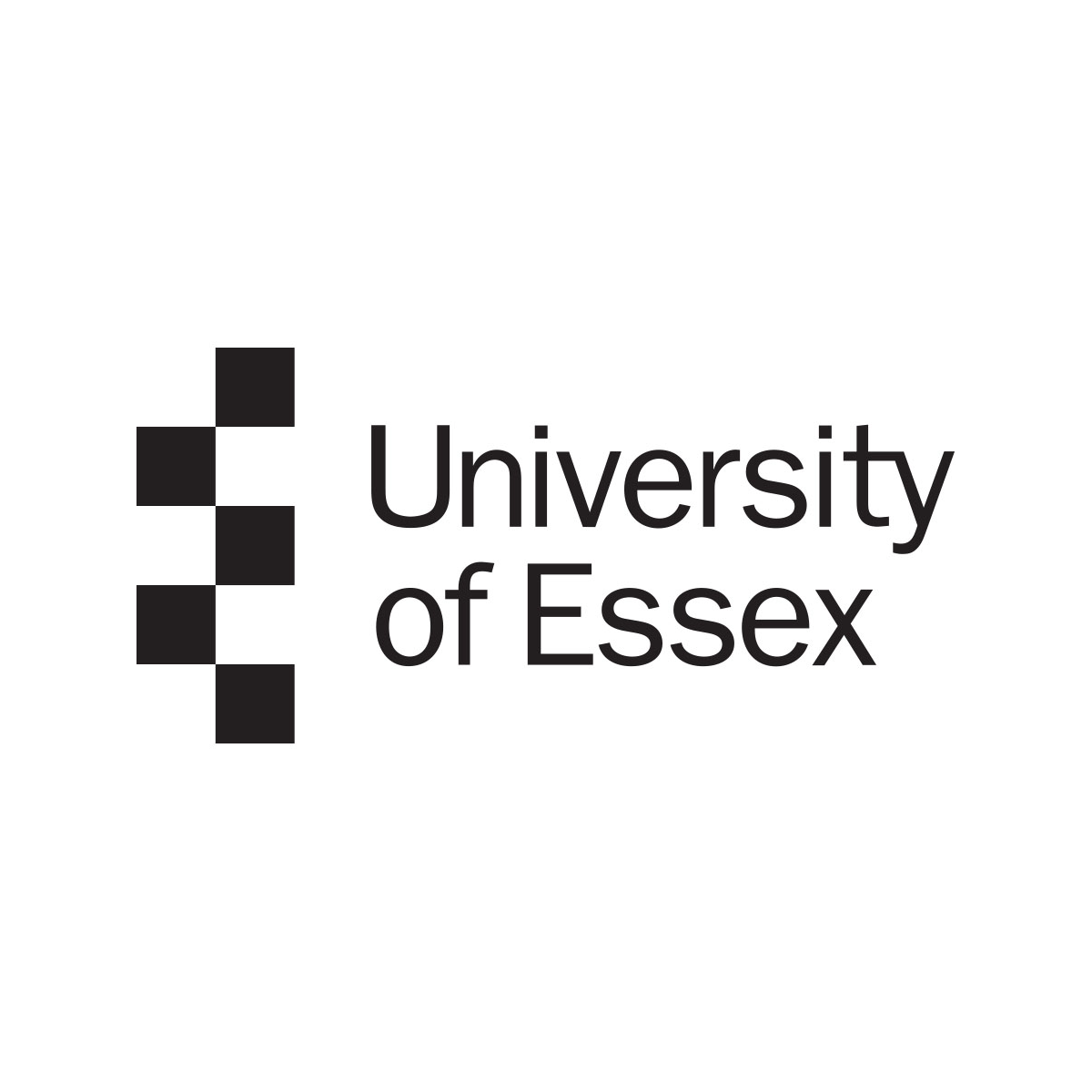Ahead of this week’s conference to mark the Human Rights Centre’s 40th anniversary, Professor Ahmed Shaheed has been reflecting on why Essex is so important in the global fight for human rights.
Professor Shaheed, who has held to consecutive UN Special Procedures mandates from 2011 to 2022, was drawn to human rights after seeing his country, the Maldives, torn apart by political repression and social exclusion:
“The Essex Human Rights Centre has a global reputation for expertise in the full range of human rights, working on international, national and community level challenges and cutting-edge research.
“Its interdisciplinary approach to human rights and the focus on theory and practice are key features that make Essex very attractive to a UN Special Rapporteur whose roles include not only stating and developing international standards, but also supporting their understanding, implementation, and review, in a diversity of political, economic, social and cultural contexts.
“According to a fellow UN expert, Essex is ‘the capital of UN Special Rapporteurs’ due to its reputation for supporting the work of UN special procedures mandates on human rights and I wanted to call on that expertise when I took up the UN mandate to monitor the human rights situation in Iran from 2011-2016.
“I benefited immensely from the excellent support from my colleagues and their world-renowned expertise in a wide range of human rights, covering both theory and practice. Our diverse student community impart energy and enthusiasm by the wide range of perspectives and experiences that they bring to Essex and humbling us all with their unequivocal commitment to shine a light wherever they may go after Essex.
Our distinguished team
“Our collaboration left a lasting impact on the promotion of human rights in Iran during my time on that mandate as it has done in my recent mandate on religious freedom. And this has led me to take up my current international role as a member of the OSCE Panel of Experts on Freedom of Religion or Belief.
“It is an honour and a privilege to work with such a distinguished team of experts at Essex and I have drawn inspiration from their outstanding achievements that have impacted my UN work. There are also synergies between my work for the UN and some of their own practice - covering themes such as refugees, justice, detention, emerging technologies, and humanitarian law.
“Research projects such as the ESRC-funded Human Rights, Big Data and Technology project not only delivered huge policy impacts of its own but encouraged me to deliver ground-breaking thematic reports on religious freedom, such as the first-ever UN report on the freedom of thought.
“The emphasis at Essex on inclusion and on critiquing hegemonic discourses is rewarding, leading me to carry out, together with colleagues and students, two separate sets of global consultations the produced reports to the UN on the contentious overlap between gender equality and religious freedom, and on the largely neglected area of religious freedom rights of Indigenous peoples.
Founders’ vision alive and kicking
“I have found working with Essex Human Rights Centre and its Clinic profoundly liberating. The Centre insists on addressing a range of urgent challenges and I am impressed by the response of my Essex colleagues to the current global ‘pushback’ on human rights, pursuing both the tried and tested, as well as the novel and experimental.
“My current OSF-funded project at the Centre, on countering securitisation of Muslims and Islamophobia, is motivated by this culture of rising up to practical challenges and seeks to advance the call to action in two of my UN reports, and a related Human Rights Centre Clinic project.
“The vision and determination of the founding patrons 40 years ago, remains alive and kicking, and that truly reveals the deep attachment of all at Essex to the human rights cause and the depth and breadth of their stamina and expertise.
“Here at Essex, I get to stand on the shoulders of giants.”

